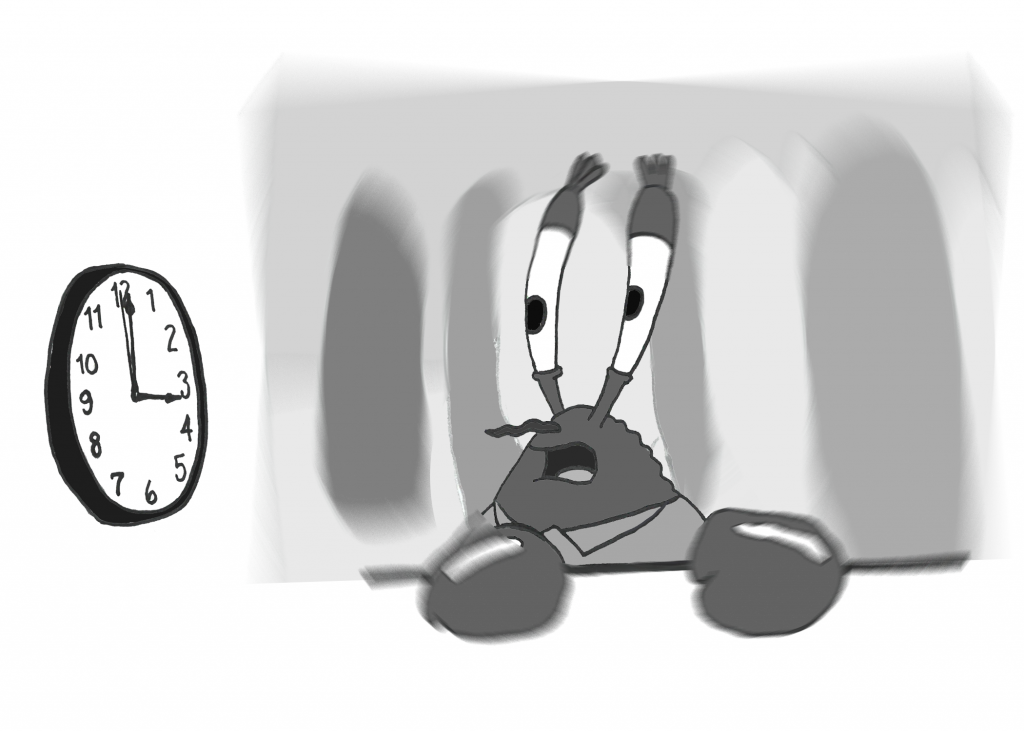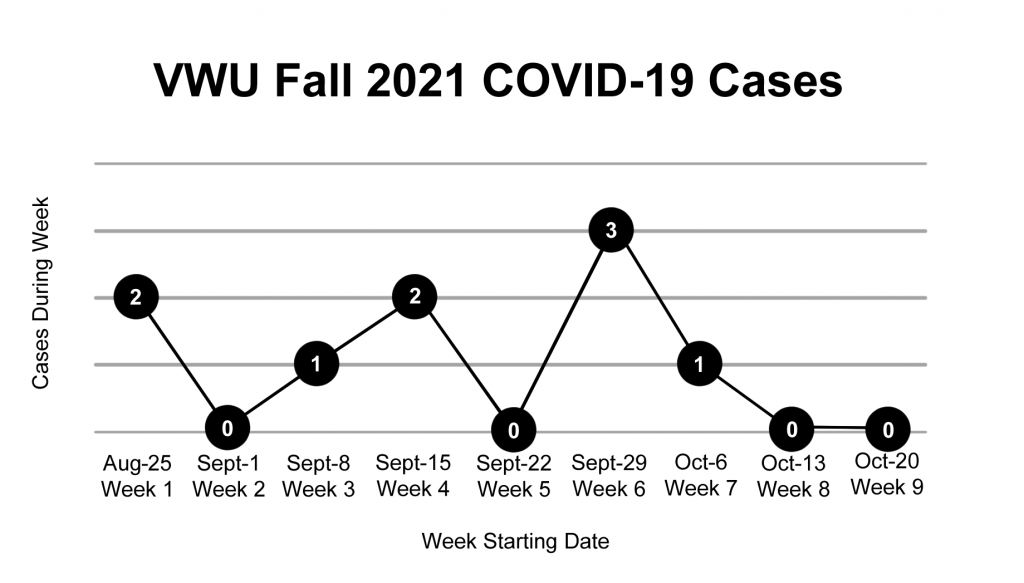Carter stresses disdain for the reversal of Roe v. Wade following Supreme Court Dobbs v. Jackson.
Featured Image: Local group protests the overturning of Roe V. Wade at Lafayette Park in June of 2022. Emma Wehr|Courtesy
It was my understanding that living in a democracy meant that my voice was being heard and that my vote would count towards something greater than myself.
Growing up, my family always made Election Day kind of a big deal; it nurtured aspirations in me of making great change in the world, one small vote at a time.
Every year that we went, I got more excited about the prospect of being able to place my own vote instead of watching my parents place theirs.
When I picture democracy, I envision those feelings that I had as a kid. Today, when I look at this country’s reputation with democracy, it mostly just evokes feelings of bitter distrust and apathy.
How is it that a president who lost the popular vote was able to place three new justices in the Supreme Court to revoke a precedent that the majority of Americans were in support of? The constitutional right for a woman to be able to choose the fate of her own pregnancy is no longer dictated by her, but instead by her state government.
I feel that the overturning of Roe v. Wade is deeply rooted in a place of hypocrisy.
Why is it that the American party in support of individual liberty and less government interference is so against what Roe v. Wade upheld?
Why does anyone feel the need to dictate the choices of others based on their personal opinions?
An operation as invasive as abortion surely isn’t the business of anyone else, and most certainly not any politician; it is an operation that should stay between the judgement of a woman and her doctor.
Here’s the thing about overturning Roe v. Wade: women will never stop getting abortions. The only thing that revoking the rights of Roe v. Wade does is severely limit the options that a woman has to get a safe abortion.
Abortions happen because of women having unplanned and unwanted pregnancies and choosing to terminate them.
An unplanned pregnancy has the potential to debilitate the life of a woman who isn’t prepared to have a child or doesn’t want one, meaning she may go to great lengths to have the operation despite barriers put in place.
Do we really want to go back to a time when woman had to undergo the trauma of DIY, at-home abortions or traveling miles and miles to find a sketchy, unregulated doctor’s office in some foreign country?
I respect which side people choose to be on regarding abortion; anyone should be able to dictate their own life choices and believe in their own set of guiding values. If you don’t agree with abortion, there is good news: you don’t have to get one. I feel it is unjust, however, to push your beliefs onto others.
Abortion is a very personal choice, and it is my belief that it should be kept that way; banning abortions violates the individual liberty and privacy of women who wish to have them. For all of the women who fought like hell back in the ‘60s and ‘70s for the right to choose, it’s like things are back at square one.
“For all of the women who fought like hell back in the ‘60s and ‘70s for the right to choose, it’s like things are back at square one.” –Claire Carter
With less abortion options available, more women may be forced to give birth to children that they do not want. Those children will either find themselves in the already-struggling foster system or in a home that cannot support them, both of which will require assistance from the government.
Why is it that the same group of Americans who reject the pro-choice ideology also reject increased funding for social programs? It has always seemed that those who fight tooth and nail to save an unborn fetus couldn’t care less about it as soon as it’s born.
It does not make sense to push the burden of an unwanted child onto a woman who didn’t want it in the first place while also taking no responsibility for the consequences of the choice you forced.
If the issue really is just about abortions, overturning Roe v. Wade isn’t an effective way to decrease the number of them.
Effective measures to decrease abortions would be rooted in ways to prevent women from having unplanned pregnancies. Things like comprehensive sex education in schools and free contraception are both effective in that manner and are both notoriously rejected by those who are anti-choice.
It is clear to me that the overturn of Roe v. Wade shows that more value is placed on a collection of insentient stem cells than the desires of the living woman who hosts them. Frankly, it’s insulting.
By Claire Carter
cncarter1@vwu.edu



